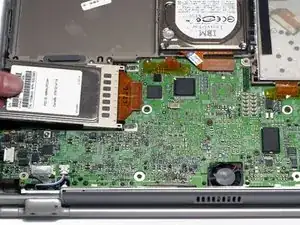
Airport Card

Airport Card
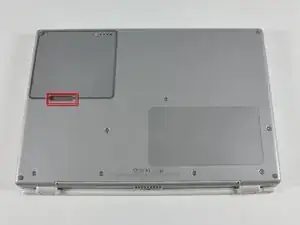
Battery
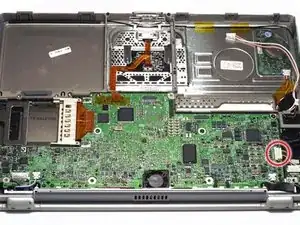
DC-In Board
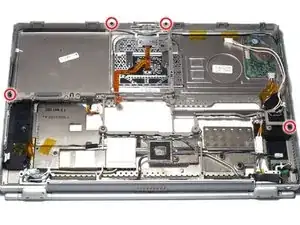
Display
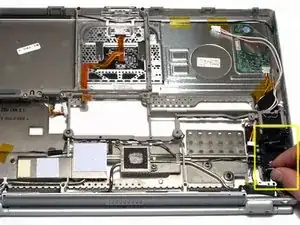
Fan
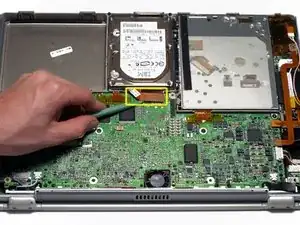
Hard Drive
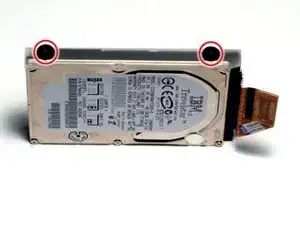
Hard Drive
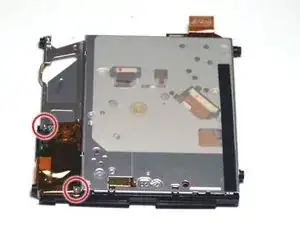
Inverter
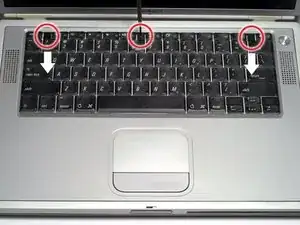
Keyboard
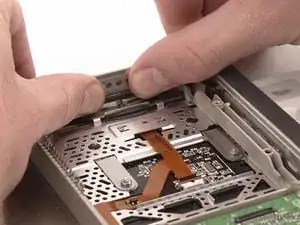
Latch
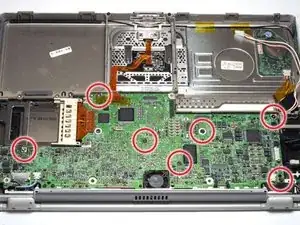
Logic Board
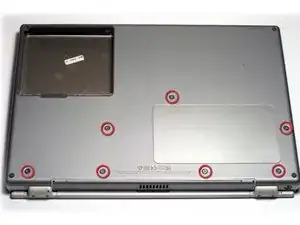
Lower Case
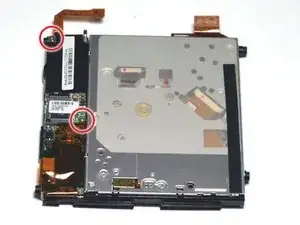
Modem
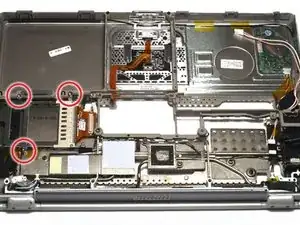
PC Card Cage
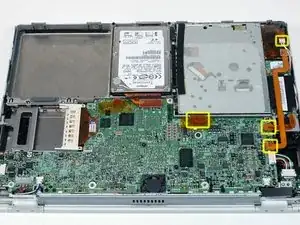
PRAM Battery
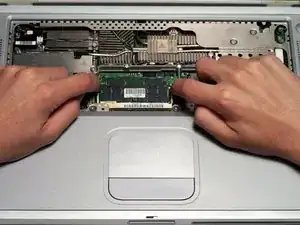
RAM
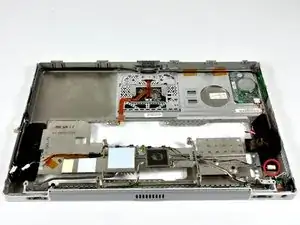
Upper Case
Es werden einige allgemeine Werkzeuge verwendet, um an diesem Gerät zu arbeiten. Du wirst nicht jedes Werkzeug für jeden Vorgang benötigen.
Track down a number of hardware problems using the PowerBook G4 Titanium DVI troubleshooting guide.
There are a number of components in the PowerBook G4 Titanium Mercury that can be cost effectively upgraded.
The PowerBook G4 Titanium DVI featured a PowerPC G4 processor running at either 667, 800, or 867 MHz. They were just 1 inch (25 mm) thick, 0.7 inches (18 mm) thinner than their predecessor, the PowerBook G3. The PowerBook G4 Titanium DVI also featured DVI output and gigabit ethernet.
Use the laptop identification system to help you identify your machine. PowerBooks tend to look very similar, and it's important to know which machine you have before ordering any replacement parts.